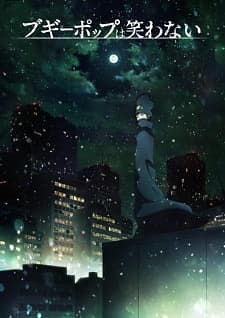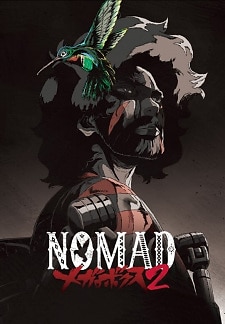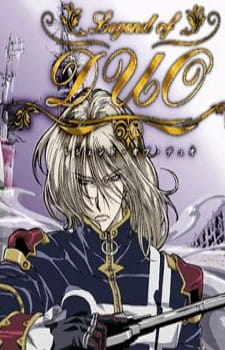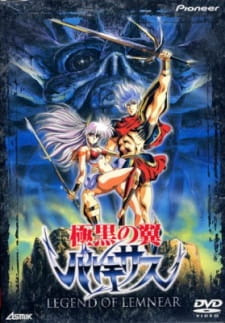Jul 9, 2016
Story:
There's a lot of content here bundled up in a short period that is incredibly underwhelming. Despite it being introspective, it gets some sort of point across, but it's really just bits and pieces of a bigger picture that is never fulfilled. It's decent enough to speak to the viewer but not good enough to leave any lasting or memorable experience. I've already forgotten half of what happens, or what was discussed, and I only watched it (with my full attention) nearly 5 minutes ago.
Art:
The art is fitting, but it's a bit of a clash. It's jarring at first but then settles down to a
...
tolerable degree. However, when characters are doing more than sitting idly, they look strange and disproportionate.
Sound:
Audio is fine for the most part, but the song used near the end is pretty lackluster and somewhat irritating to listen to. It has no lasting appeal, either, and will likely throw viewers off as unfitting or out of place.
Character:
There are decent characters in giving us specific differences between 6 individuals. However, it's all kind of left empty-handed and there's little to nothing to define these characters beyond idle chit-chat. Or, perhaps I should say, each character merely signifies some specific thing rather than signifying realistic people.
Also, totally forgot there's a seventh character who is 100% only used as a 'plot' device.
Enjoyment:
I mean, it's 9 minutes. The first half is enjoyable, but the second half fails to really resolve or confirm anything. I didn't need it to tell me what was in the animation, but it doesn't complete the mystery of certain aspects, or show any connective tissue between certain things in the story beyond them existing in the same production.
((If you liked this review, check out my other reviews by going to my profile and clicking the 'reviews' tab. I review virtually all anime and manga I find!))
Reviewer’s Rating: 5
What did you think of this review?
Nice
 0
0
Love it
 0
0
Funny
 0
0
Confusing
 0
0
Well-written
 0
0
Creative
 0
0Show all
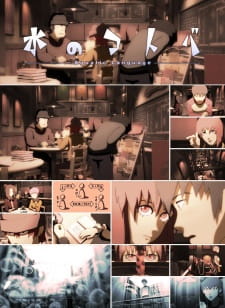



 (1).png)


